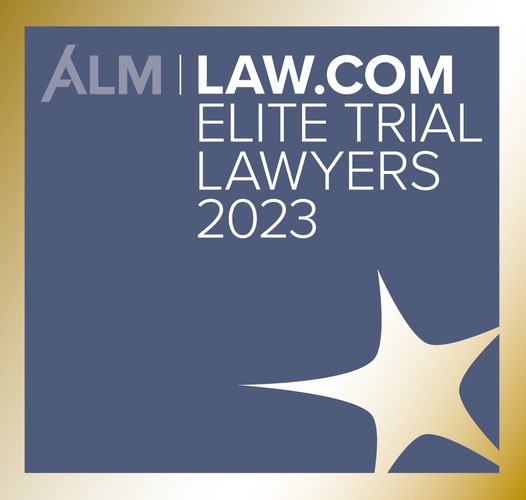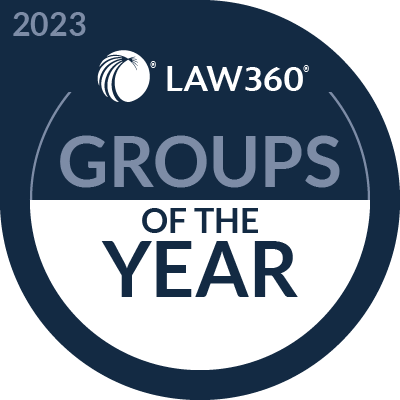Leqembi Brain Injury Lawsuit
Did you or a loved one experience brain bleeding or swelling after taking the Alzheimer's drug Leqembi (lecanemab)?
Compensation may be availableEisai and Biogen’s Alzheimer’s drug Leqembi (lecanemab) has been linked to dangerous brain bleeding, swelling, and other serious complications in patients. A Bloomberg investigation revealed at least seven people have died in the US from symptoms linked to the drug over the past two years.
If you or a loved one took Leqembi for Alzheimer’s disease and experienced brain bleeding, swelling, or other serious complications, you may be eligible for compensation.
Serious Brain Complications from Leqembi
Leqembi (lecanemab) is a monoclonal antibody designed to attach to and reduce amyloid beta plaques in the brain of Alzheimer’s patients. While approved in the US, Japan, China, and other countries, the medication was initially rejected by European regulators specifically due to safety concerns and denied registration by Australia’s Therapeutic Goods Administration.
Patients taking Leqembi have reported experiencing:
- Brain bleeding (cerebral hemorrhage)
- Brain swelling (cerebral edema)
- Amyloid-related imaging abnormalities (ARIA)
- Severe headaches
- Confusion and disorientation
- Seizures
- Hospitalization
- Permanent neurological damage
- Death
According to a recent investigation from Bloomberg, nearly 33% of people with two copies of the APOE4 gene who received Leqembi experienced brain swelling compared to just 5% of people with no copies. In total, at least seven people have died in the US from symptoms linked to the drug, with three others suffering lasting disabilities, based on detailed adverse event reports reviewed by Bloomberg.
Do not stop taking a prescribed medication or stop using a prescribed medical device without first consulting with your doctor. Discontinuing a prescribed medication or use of a prescribed medical device without your doctor’s advice can result in injury or death. Notwithstanding claims relating to certain drugs and medical devices, the drug or medical device may remain approved by the U.S. FDA.






